Business in Latvia, Riga, Latvian Economy

Latvian Foreign Trade. Latvia (Baltic Tiger) high human development
- Introduction to the Republic of Latvia (EU)
- Latvian Economy
- Business in Riga
- Latvian Foreign Trade
- Investment in Latvia
- Access to the Latvian Market
- Business Plan for Latvia
The objectives of the subject “International Trade and Business in” Latvia” are the following:
- To analyze the Latvian Economy and Global Trade
- To know the trade opportunities in the Latvian Market
- To analyze the trade relations of Latvia with the country of the student
- To know the Latvian free trade agreements as a member of the EU
- To develop a business plan for the Latvian Market

The Subject “Foreign Trade and Business in Latvia” belongs to the following Online Programs taught by EENI Global Business School:
Doctorate: European Business, World Trade.
Masters: International Business, Foreign Trade.

 Masters adapted to Latvian Students.
Masters adapted to Latvian Students.
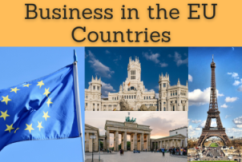
Languages:  +
+  Letonia
Letonia  Lettonie
Lettonie  Letónia.
Letónia.
- Credits of the Subject “Doing Business in Latvia”: 1

- Duration: one week
International Trade and Business in Latvia
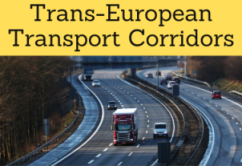
- North Sea-Baltic Corridor (Finland, Belgium)
- Access to the
- Trans-Siberian Railway (Russia, Mongolia, China, North Korea)
- Pan-European Corridor II
- Pan-European Corridor IX
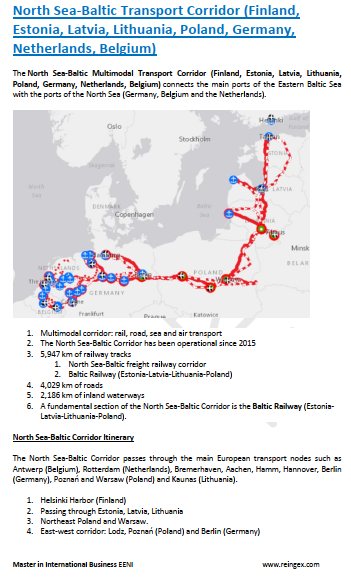
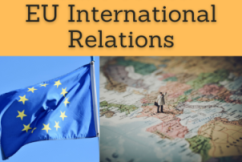

Latvian Preferential Access and Trade Agreements:
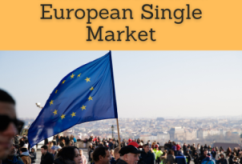
- Latvia and the European Economic Area
- The EU
- European Customs Union
- European Single Market
- The EU Services Directive
- European Digital Single Market
- As a member of the EU, Latvia is a beneficiary of the EU Trade Agreements
- Council of the Baltic Sea States
- Regional Cooperation Council
Latvia is an observer country of the Regional Organization for Democracy and Economic Development (GUAM).

- WTO
- GATS
- Agreement on the Application of Sanitary Measures
- Agreement on Technical Barriers to Trade
- Agreement on Preshipment Inspection
- Agreement on Safeguards
- Trade Facilitation Agreement
- WCO
- Convention Harmonization of Frontier Controls of Goods
- CMR Convention
- ICC
- Organization for Cooperation between Railways (OSJD)
- CIM & CIT Rules (Rail)
- COTIF Convention (Rail)
- BIC
- Chicago Convention (ICAO)
- IMO
- Convention for Safe Containers
- Istanbul Convention
- IRU
- TIR Convention
- Guidelines on Safe Load Securing for Road Transport
- Customs Convention on Containers - not a member
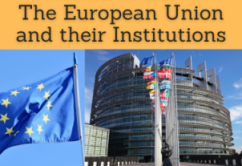
European Trade and Economic Organizations of Latvia
- The EU
- UNECE
- OSCE

- OECD
- OECD anti-corruption measures
- UN
- WB
- WTO
- IMF
- Asia-Europe Meeting
The Republic of Latvia (Europe).
- Latvian Capital: Riga
- Official Language of Latvia: Latvian
- Latvian Area: 64,590 km²
- Latvian Population: 2 million people
- Type of Government of Latvia: Parliamentary Republic
- Borders of Latvia: Estonia, Lithuania and Belarus
- Independence of Latvia from the Soviet Union: 1991
Religion in Latvia: Christianity.
- Protestantism: Latvian Evangelical Lutheran Church (35%)
- Catholicism (25%)
- Orthodoxy (20%)

Latvia belongs to the European Economic Area.
Economy of Latvia.
- The Republic of Latvia is ranked 21st in the world (Index of Ease of Doing Business, World Bank)
- Latvia, Estonia and Lithuania are the so-called Baltic Tigers
- According to the Human Development Report (United Nations), Latvia belongs to the very high human development countries group
- Latvian GDP (nominal): 41,005 million dollars
- GDP per capita of Latvia: 16,620 dollars
- Latvian Currency: Euro (2014)
- Latvia is a member of the EU since 2004
- Headquarters of the Office of the Body of the European Regulators for Electronic Communications (BEREC Office): Riga (Latvia)
- The main Latvian economic sectors are tourism, agriculture, textiles and steel metallurgy
- The privatization process in Latvia has virtually ended

Latvian Foreign Trade
- The main Latvian Exports are foods, wood and wood products, metals, machinery and equipment, textiles
- Top export markets: The UK, Sweden and Germany
- The main Latvian imports: machinery and equipment, consumer goods, chemical products, fuels
- The main suppliers of Latvia: Russia, Germany and Lithuania
- As a member of the EU, Latvia is a beneficiary of the EU trade agreements with India, Mexico, MERCOSUR, South Korea, Peru, the ASEAN, Egypt, Jordan, Lebanon, Ukraine, Moldova, Georgia..
(c) EENI Global Business School (1995-2024)
We do not use cookies
Top of this page


